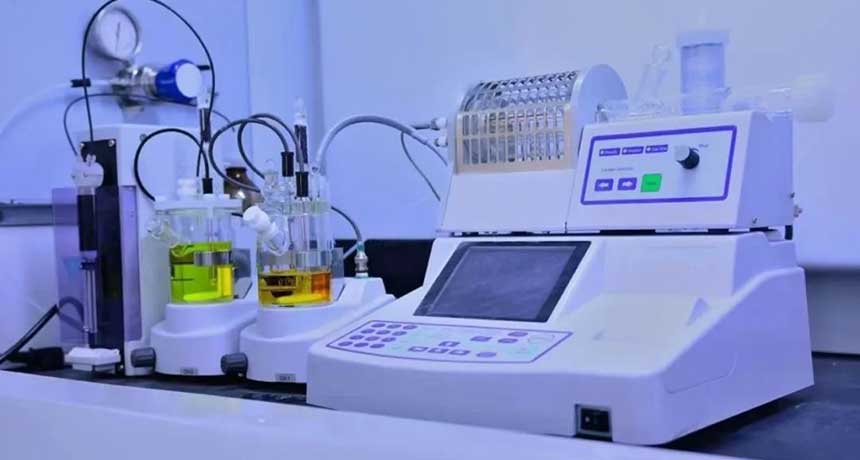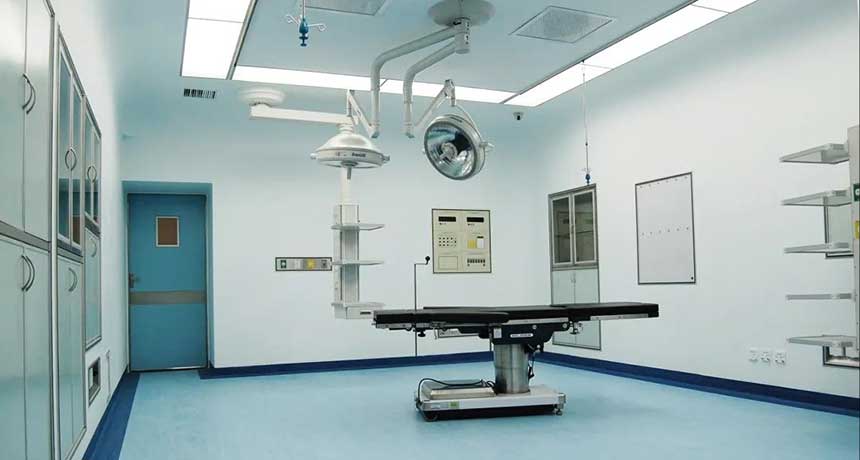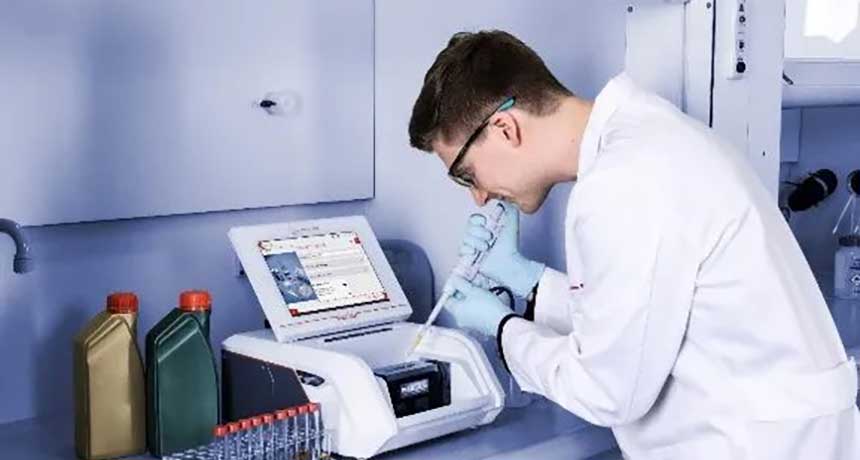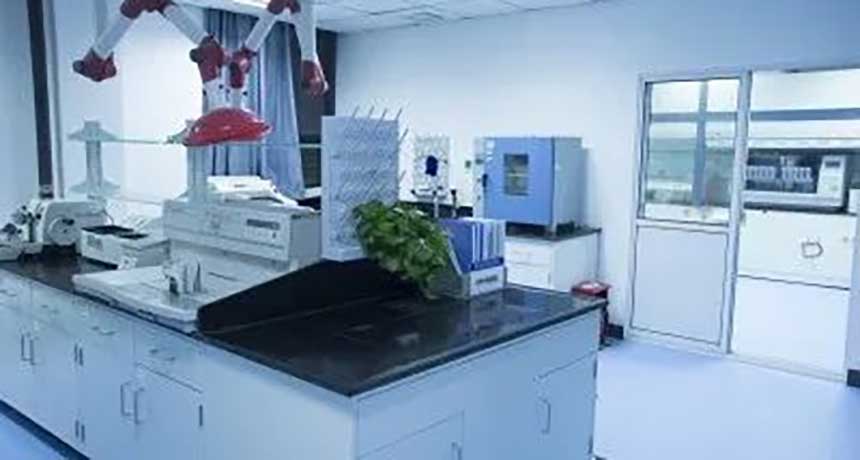About anesthesia experience, from major surgeries to minor tooth extractions, you should have experienced it to some extent. However, anesthesia is definitely not just to make the patient feel no pain or sleep. There are actually many fatal risks in the anesthesia process.
1. Understand that anesthesia has risks
What is anesthesia? Anesthesia means no pain, intoxication means no awareness, and combined with no movement, anesthesia can make the operation go smoothly and reduce the patient's discomfort and fear.
There are many types of anesthesia. Doctors will evaluate and choose according to the surgical method, the length of the operation and the patient's physical condition. Larger operations usually use general anesthesia, using drugs to suppress the reaction of the central nervous system and muscle reflexes, so that the patient does not feel pain, does not know, and does not move; some short-term and small-scale operations can use soporific anesthesia, using a small amount of intravenous injection such as Propofol to make the patient fall asleep, and then apply local anesthesia to the surgical site as needed; in addition, there is also anesthesia that allows the patient to remain awake, using regional nerve blocks to achieve local anesthesia and analgesia, such as painless childbirth.
It is worth noting that regardless of the size of the operation, anesthesia has certain risks, because anesthesia not only makes the patient sleep, but also affects breathing, heartbeat, blood pressure, and muscle reaction. In addition, each person may react differently to anesthetic drugs. A few people with special constitutions may also have unpredictable serious complications such as drug allergies and malignant hyperthermia, which may even be fatal. Therefore, in addition to having an anesthesiologist to check before, during, and after the operation, the patient himself also needs to understand the relevant risks, cooperate with the preoperative evaluation, and discuss the appropriate anesthesia method with the doctor.
2. Know your anesthesiologist
On the operating table, when the patient is sleeping and the surgeon is working hard, there is another doctor who guards the patient's breathing, heartbeat and other vital indicators. This is the anesthesiologist, and it is also the most critical role to ensure that the patient can wake up comfortably after the operation.
Generally speaking, patients will meet anesthesiologists at several times: for example, before surgery, anesthesiologists will assess risks and choose anesthesia methods; on the day of surgery, anesthesiologists will confirm the patient's physical condition and perform anesthesia; during surgery, anesthesiologists will monitor the patient's vital signs and control the depth of anesthesia, and give drugs and infusions at any time according to physical changes to ensure smooth breathing and maintain stable blood pressure. Sometimes, for the needs of the surgical environment, anesthesiologists will also do some special treatments, such as muscle relaxation, lowering body temperature or blood pressure. After the operation, the anesthesiologist in the recovery room will take care of the patient until he wakes up.
Therefore, before patients choose a medical institution or decide whether to have surgery, they also need to understand whether anesthesiologists are involved in the operation. With the protection of anesthesiologists, the risks of anesthesia itself can be minimized, making surgeons and patients more at ease.
3. Clearly explain medical history, diet, and lifestyle before anesthesia
Anesthetic risks are affected by personal constitution, disease, and lifestyle, so preoperative anesthesia assessment is very important. Patients should clearly state whether they have cardiovascular disease, anemia, pregnancy, cold, asthma, medications they are taking, and whether their family has a history of allergy to surgical anesthesia. They should also tell whether they have habits such as drinking or smoking, and whether they often eat health foods such as natto and fish oil. If they do not want blood transfusions, such as Jehovah's Witnesses, they should also let the doctor know in advance so that the doctor can evaluate the appropriate anesthesia.
Take malignant hyperthermia, a serious adverse reaction to anesthesia, as an example. The patient's body temperature will rise rapidly during anesthesia, causing rhabdomyolysis, acute renal failure, etc., and may even be fatal. However, as long as the antidote dantrolene can be injected in the first place, the mortality rate can be greatly reduced. Although this disease is difficult to predict in advance, it is known that it may be related to genetics and drugs. Therefore, if there is a history of malignant hyperthermia in the patient's family, it must be informed in advance so that the anesthesiologist can adjust the medication and be prepared.
4. Medical cosmetic surgery requires a dedicated anesthesiologist
In recent years, disputes over anesthesia accidents in medical cosmetic surgery have been heard from time to time. Although beauty is important, life safety is more important. Even if it is a local anesthetic, an overdose may cause respiratory arrest. Therefore, the anesthesia risks of medical cosmetic surgery must not be ignored. It is recommended that the public should seek qualified medical institutions for surgery and fully communicate before the operation to ask about the anesthesia method, risks, whether the anesthesia is performed by a qualified physician, and whether the hospital has emergency equipment or drugs.
There are risks in surgical anesthesia. The public should cooperate with the anesthesia assessment to explain their physical condition, ask about the anesthesia method and possible risks, and fully cooperate and communicate properly with the anesthesiologist. This is the key to reducing the risk of anesthesia.






